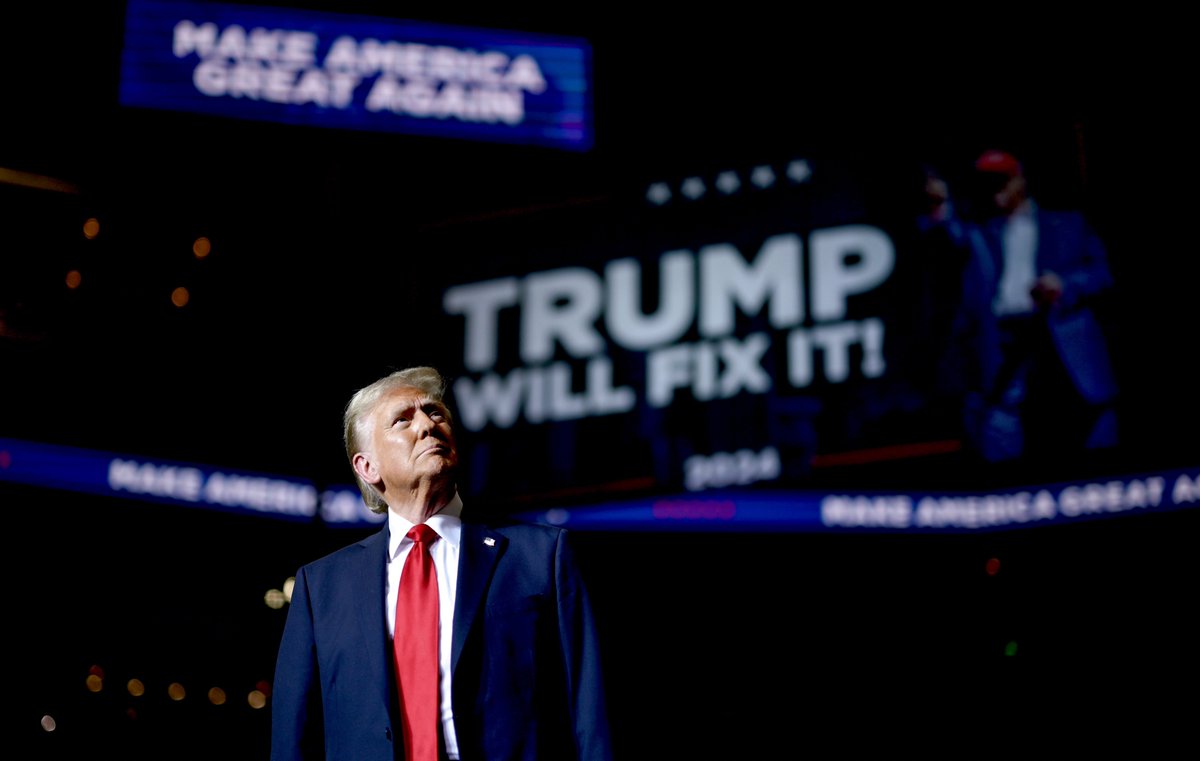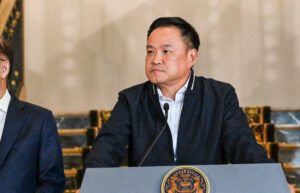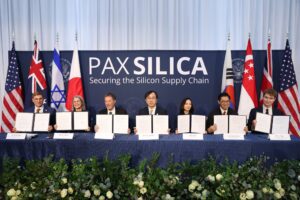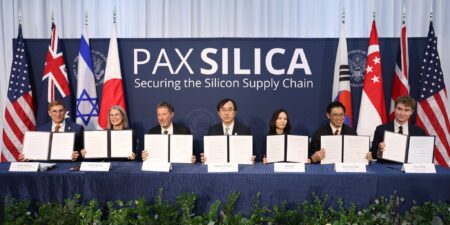
Trump’s Return: Implications for Business in Vietnam

The BGA Vietnam Team Managing Director Nguyen Viet Ha wrote an update to clients on the implications for business in Vietnam under Trump’s second administration.
Context
- During Trump’s first presidency (2016 – 2020), the U.S.-Vietnam bilateral relationship continued to prosper. Trump visited Hanoi twice, more than any other Southeast country. Although Vietnam was among a few countries that managed the first Trump’s administration relatively well, the country is vulnerable to his volatile and unpredictable policies.
- The United States is currently Vietnam’s largest export market. In 2023 the total trade turnover between the two countries was over $128.7 billion, of which approximately 92 percent ($118.9 billion) was exports and only 8 percent ($9.8 billion) came from imports. Consequently, Vietnam ranked third after China and Mexico on the list of the countries with the biggest trade deficits with the United States.
Significance
- Vietnam’s “bamboo” foreign strategy has proven successful in balancing the influence of superpowers, including China and the United States. Nevertheless, it could be harder to maintain the earlier success in a future challenging and complicated international context. Trump’s isolation from multinational frameworks will undermine the Vietnam’s efforts to deepen collaboration through regional and international institutions like Association of Southeast Asian Nations (ASEAN) and Asia-Pacific Economic Cooperation forum.
- Trump’s anti-China policies and the increasing tariffs on China’s exports during his first presidential term (many of which were continued under Biden) have resulted in diversification of the supply chain out of China. Vietnam became the destination of many Chinese and Taiwanese investors in manufacturing for U.S. brands during 2017 to 2020. Even though the anti-China trade policies will likely continue, the diversification trend may not continue during Trump 2.0 because most manufacturers at risk have already relocated some of their manufacturing operations out of China.
Implications
- To mitigate the risk, Vietnam should find ways to reduce the trade imbalance. Perhaps, some big-ticket purchase deals in aviation, telecommunications and energy (LNG) should be considered to help reduce the imbalance. Lower import tariffs on some U.S. agriculture products would be another option to increase the competitiveness of imports from the United States.
- Although there is a solid ground for U.S.-Vietnam relations to continue prospering, businesses should prepare for the potential introduction of new trade policies, including additional tariffs, increased regulatory scrutiny and a less favorable environment for comprehensive trade deals. On the other hand, bilateral transactions and deals will have more chance to get support from the Trump administration.
We will continue to keep you updated on developments in Vietnam as they occur. If you have any comments or questions, please contact BGA Vietnam Managing Director Nguyen Viet Ha at vietha@bowergroupasia.com.
Best regards,
BGA Vietnam Team

Nguyen Viet Ha
Managing Director
Ha is a highly respected Vietnamese lawyer, with special expertise in financial transactions, mergers and acquisitions, as well as general business, trade and investment-related issues. Before joining BGA as managing director for Vietnam, Ha managed the Vietnam operations of BrooksBowerAsia for three years. She built and led the Vietnam team and serviced clients in various sectors ranging from energy and ICT to healthcare, logistics and consumer production. Ha practiced law in Vietnam in the 1990s, providing legal advice and consulting services to Fortune 500 clients. She also participated in drafting a number of laws and regulations, including the Foreign Investment ... Read More
×























